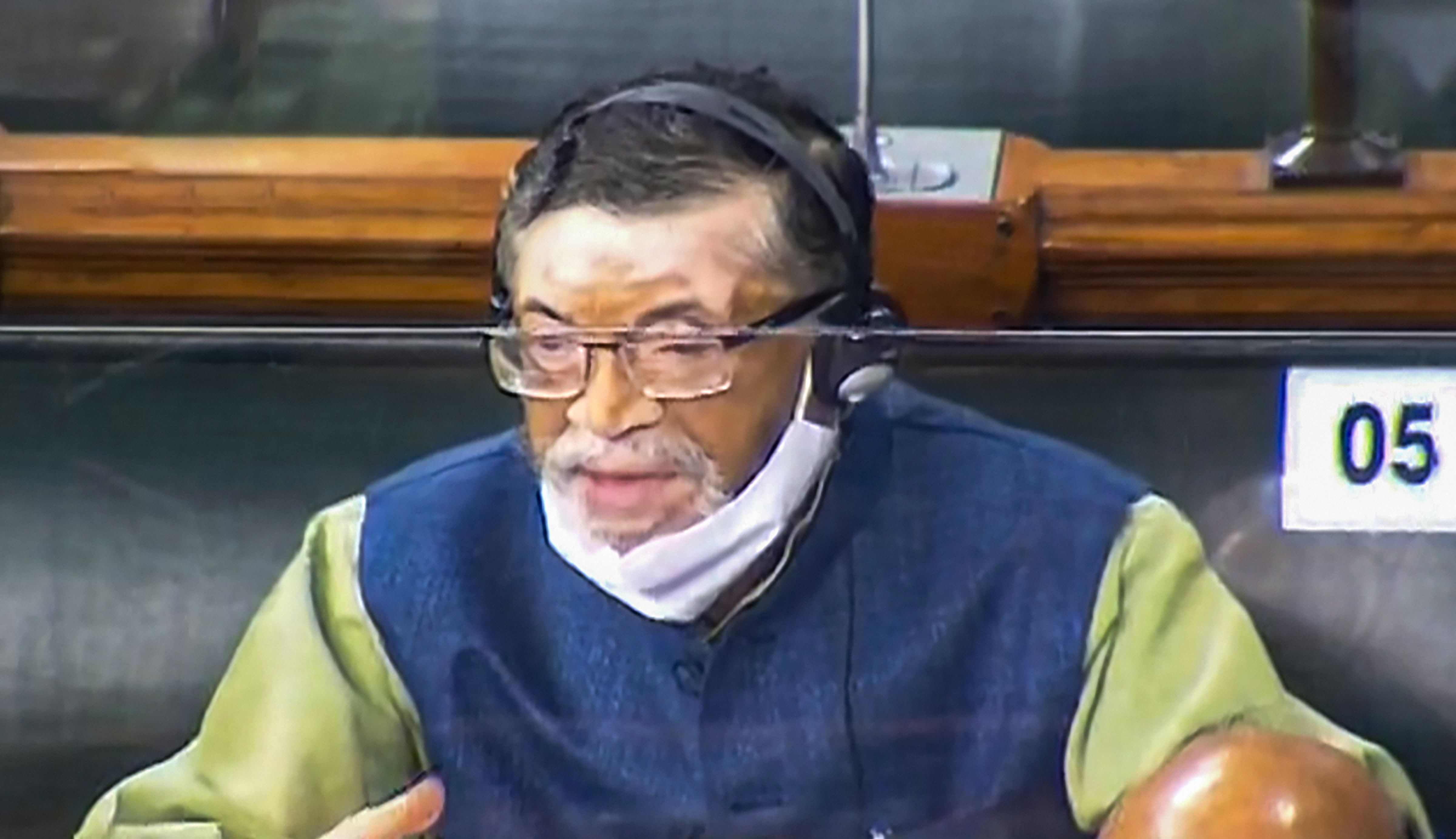
Opposition voice was missing as the Lok Sabha on Tuesday passed three Labour Code Bills that replace 25 laws governing the sector, a move that could cheer the industry.
Opposition parties were raring to raise their concerns on the Industrial Relation Code Bill, the Occupational Safety, Health And Working Conditions Code and the Code On Social Security.
However, opposition parties – Congress, Trinamool Congress, DMK, NCP, Left parties among others were missing from the Lok Sabha protesting against the Agri reform Bills and suspension of eight Rajya Sabha members.
Labour and Employment Minister Santosh Gangwar said the labour codes were being enacted with a view to balance the interests, rights and obligations of employees and the employers in the country,
The Industrial Relation Code allows companies having up to 300 workers to fire people or close units without prior approval of the government. Companies having more than 300 workers would require to apply for approval, but the proposal would be deemed to have been approved if authorities do not respond to their request.
The three labour codes were expected to allow states to roll out reforms and empower them to exempt any company or companies from complying with one or more labour laws, a move that is expected to boost investment.
Gangwar said the Social Security Code talks about universalizing social security by bringing informal workers, gig and platform workers under its ambit.
He said companies having less than 20 workers can voluntarily join EPFO to get social security benefits and internal workers will be free to voluntarily join employee state insurance schemes for getting healthcare benefits.
Gangwar said that the Occupational Safety, Health and Working Conditions Code has a provision that asks employers to have a free health check-up of workers above a certain age.
It also grants workers the legal right to be given an appointment letter.
Gangwar said the OSH Code has provisions for “Negotiating Union” and “Negotiating Council” for undertaking negotiation on any dispute.
“With conferring of this recognition, resolving disputes through dialogue would be facilitated and workers would be better able to get their rights,” the minister said.
Among the non-NDA parties who participated in the discussion were BJD, YSRCP and TDP who supported the labour reforms.
